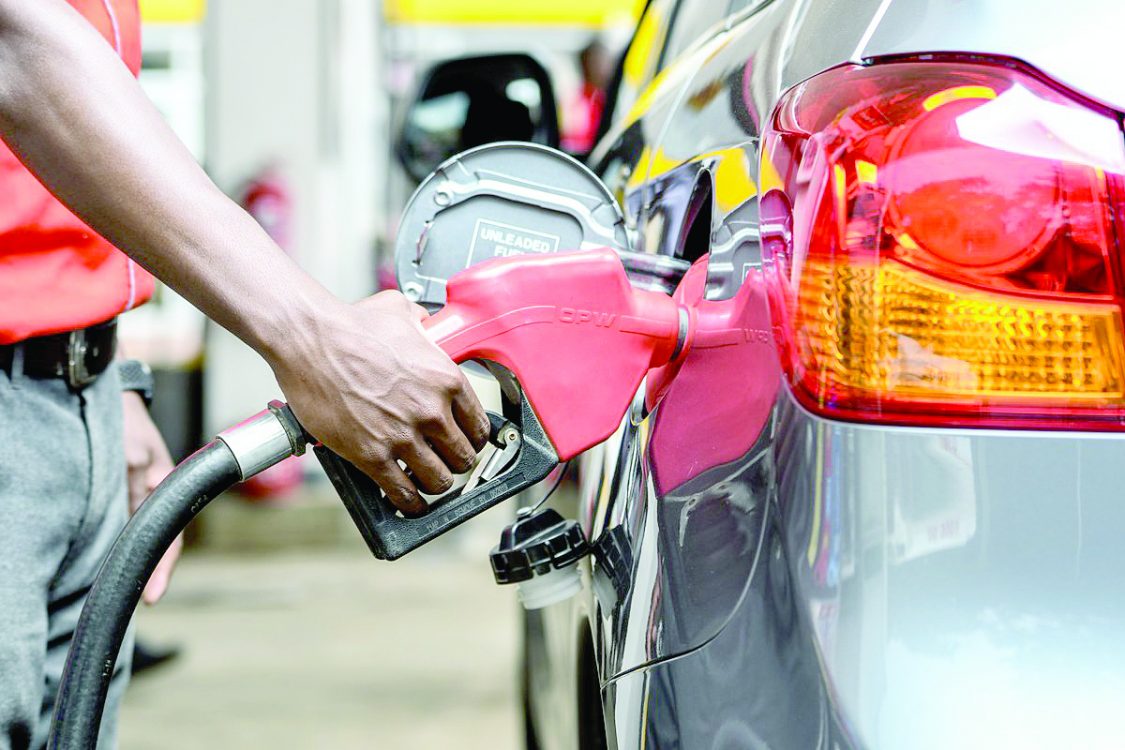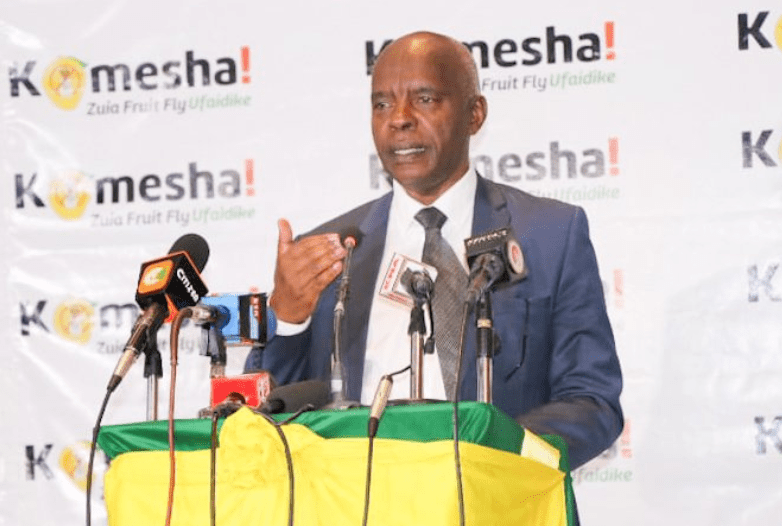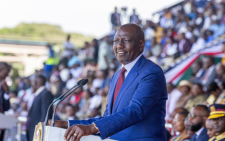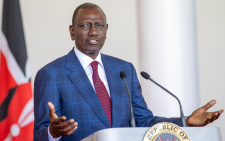Diesel, kerosene prices drop by Sh2

The government finally bowed to pressures as it marginally lowered the cost of diesel, the major fuel type pumping the economy, in what seems to be desperate attempts to quell public outrage over Kenya’s costly fuel compared to regional countries.
Yesterday, the Energy and Petroleum Regulatory Authority (EPRA) announced prices of diesel and kerosene dropped by Sh2 per litre, giving motorists a huge reprieve in the next 30 days until mid-December.
It is the first time in the current full financial year that started in July 2023 that the prices of diesel have dropped amid growing concern over the high cost of living. The last time the prices of the commodity eased was in June 2023.
As such, a litre of diesel will now cost Sh203.47 while that of petrol, which has remained unchanged in the current pricing cycle, will go for Sh217.36 in Nairobi. Kerosene will equally drop to cost Sh203.06 for every litre in the capital.
In Mombasa, petrol is priced at Sh214.3 per litre, Sh200.41 for diesel, and Sh199.99 for kerosene. The transportation distance explains the price difference in various cities, with those nearer to the port enjoying slightly lower prices.
In Kisumu, the three commodities have been reviewed to cost Sh217.12, Sh203.64, and 203.22 per litre, respectively. EPRA made the tough decision despite the landed cost of diesel increasing by 3.28 per cent to $845.72 (Sh127,703) per cubic metre during the importation phase. The landed cost of kerosene dropped by the biggest margin of 6.31 per cent.
“In the period under review, the maximum allowed petroleum pump prices for super petrol remain unchanged while that of diesel and kerosene decrease by Kshs.2.0 per litre,” EPRA director General Daniel Kiptoo said in yesterday’s price review statement.
Crude oil prices
The decrease in the prices comes as a surprise considering that Energy and Petroleum Cabinet Secretary Davis Chirchir warned early this month that international crude oil prices could go up to Sh300 per litre, sending panic to Kenyans.
This was based on the projection that the ongoing Israel-Palestine war would heighten global fuel demand, leading to spikes in pump prices in the domestic markets of importing countries like Kenya. However, in a surprise turn of events, the Murban crude – the oil consumed in Kenya – has actually been dropping in the last few weeks.
Should the decline in Murban prices continue, Kenya should, in the coming months, start receiving slightly cheaper oil consignment. The energy regulator has further indicated it will continue utilizing petrol development levy to cushion Kenyans at the pump, coming at a time when the opposition leaders are pressing Kenya Kwanza to return some subsidies amid inflation.
“The national treasury has identified resources within the current resource envelope to compensate Oil Marketing Companies,” said Kiptoo. Unlike petrol, diesel is now slightly lower in Kenya compared to Tanzania, where it is retailing at Tsh 3,374 (Sh204.48) for every litre.
Despite this reprieve, the pump prices still remain elevated. This is causing panic about runaway inflation and borrowing costs as the Central Bank of Kenya (CBK) battles to stabilise prices of goods and services through interest rate hikes.
Kenya’s annual inflation rate rose slightly to 6.9 per cent in October, with price rises for fuel, transport, and food being the largest contributors, data from the Kenya National Bureau of Statistics (KNBS) shows. Inflation was at 6.8 per cent in September.
Energy prices have a direct impact on the country’s entire economy, with key sectors like agriculture, transport, and manufacturing always factoring in the changes in pump prices. This often leads to worsening inflation as the cost of key items shoots up.
With the rise in prices, some pump stations are already declining to sell fuel costing less than Sh100, meaning small businesses without buffer capital might now find it hard to sustain their daily routines.
Kenya Kwanza administration resorted to the controversial Government-to-Government (G2G) oil importation deal with the Gulf countries as a twin solution to lower pump prices while also rescuing forex depletion.
This move has, however, done too little to abet the skyrocketing fuel prices as the situation worsens. On the other hand, the forex levels have declined to fall below the required four months of import cover, exposing Kenya’s shilling to further free fall against the dollar.












